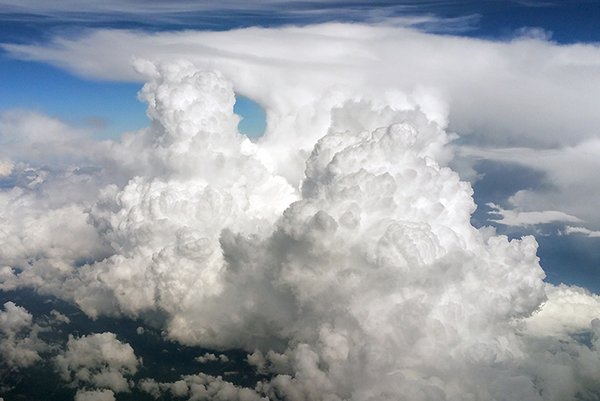
Insights into the thermal structure of the tropical troposphere
When you feel the wind on your face, see clouds in the sky, and watch a bird flap its wings in flight, you’re experiencing the troposphere. It is the…
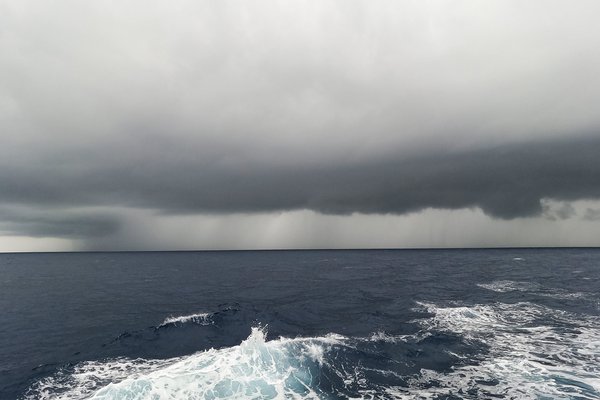
Cloud Clustering Causes More Extreme Rain
New climate model shows more extreme rainfall in the tropics with increased temperatures.
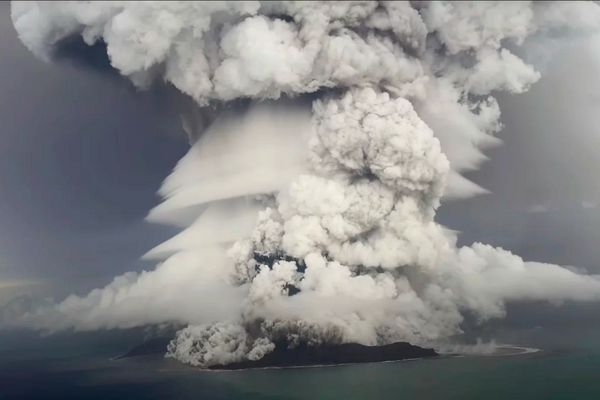
How a volcanic water vapor cloud influences its own transport through the stratosphere
Dr. Ulrike Niemeier and her co-authors have successfully simulated the transport of a volcanic water vapor cloud through the stratosphere. The…
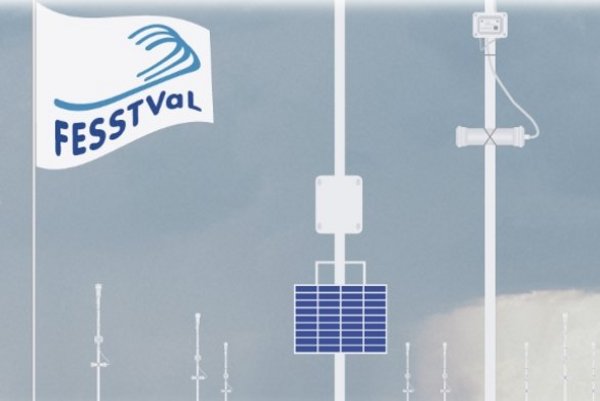
When thunderstorms light up scientists' eyes: first results from the field campaign FESSTVaL
In a recent study, Dr. Cathy Hohenegger, group leader in the climate physics department, reports on the measurement effort called the Field…

Max Planck Institute for Meteorology welcomes Hasselmann-fellow Lin Lin
The 2024 Nobel Laureate Fellowship will be awarded to Lin Lin who will start her project in February hosted by the Department Climate Variability. In…
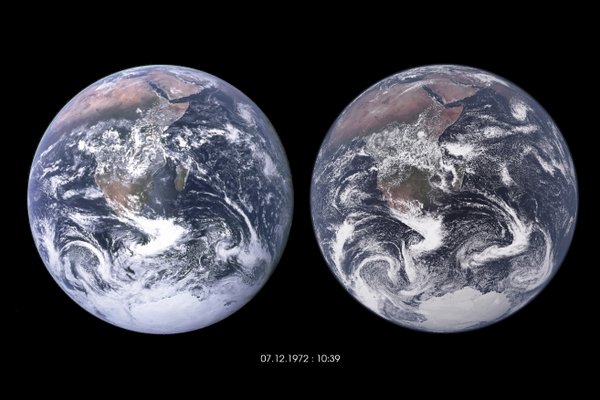
Weather and Climate Model ICON published under Open Source License
The scientific and research community in Germany and Switzerland is setting a milestone in climate and weather research: Since January 31, 2024, the…
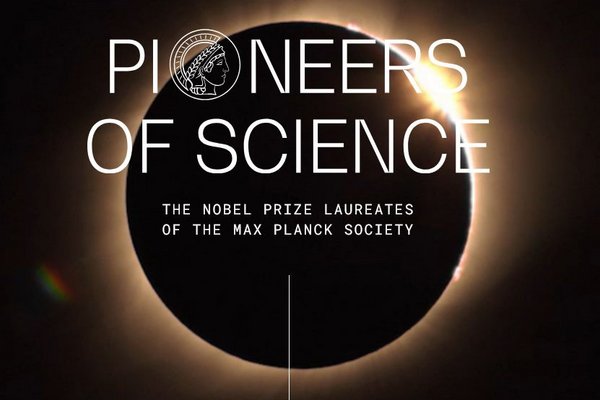
Pioneers of Science in Hamburg
Exhibition about the Nobel Prize laureates of the Max Planck Society The touring exhibition developed on the occasion of the 75th anniversary of the…
![[Translate to English:] [Translate to English:]](/fileadmin/_processed_/8/6/csm_T_BBVA_Frontiers_b779625034.jpg)
BBVA Climate Change Award: Together researchers unlock the secrets of polar ice
The BBVA Foundation Frontiers of Knowledge Award in the Climate Change category has gone to five European scientists whose pioneering research on…

Claudia Stephan appointed Professor at the University of Rostock
Claudia Stephan has recently been appointed Professor of Theoretical Atmospheric Physics by the University of Rostock and will simultaneously take…

Wind of Barbados turned to light in Stockholm
Nobel Week Lights 2023 kicked off in Stockholm on Monday. The Max Planck Institute for Meteorology (MPI-M) provides data from its Barbados Cloud…

End-of-century levels of extreme heat and drought are approaching Europe swiftly
Extreme heat and drought typical of an end-of-century climate could soon occur over Europe, and it could do so repeatedly. Laura Suarez-Gutierrez,…
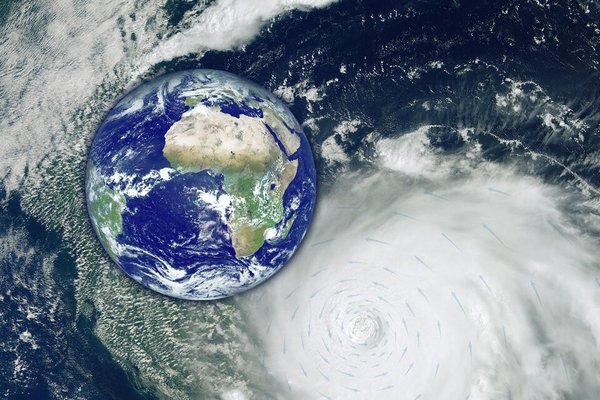
Wivern Earth Explorer candidate goes forward
The satellite mission Wivern has been selected by the European Space Agency ESA as one of two remaining candidates to progress to the next…
